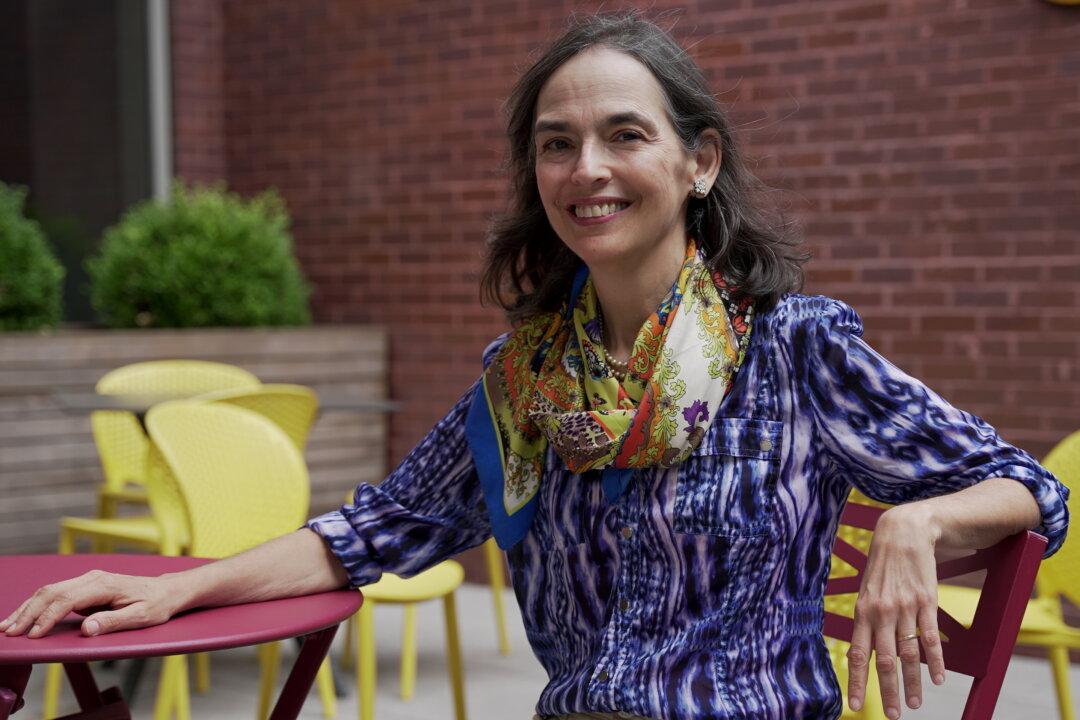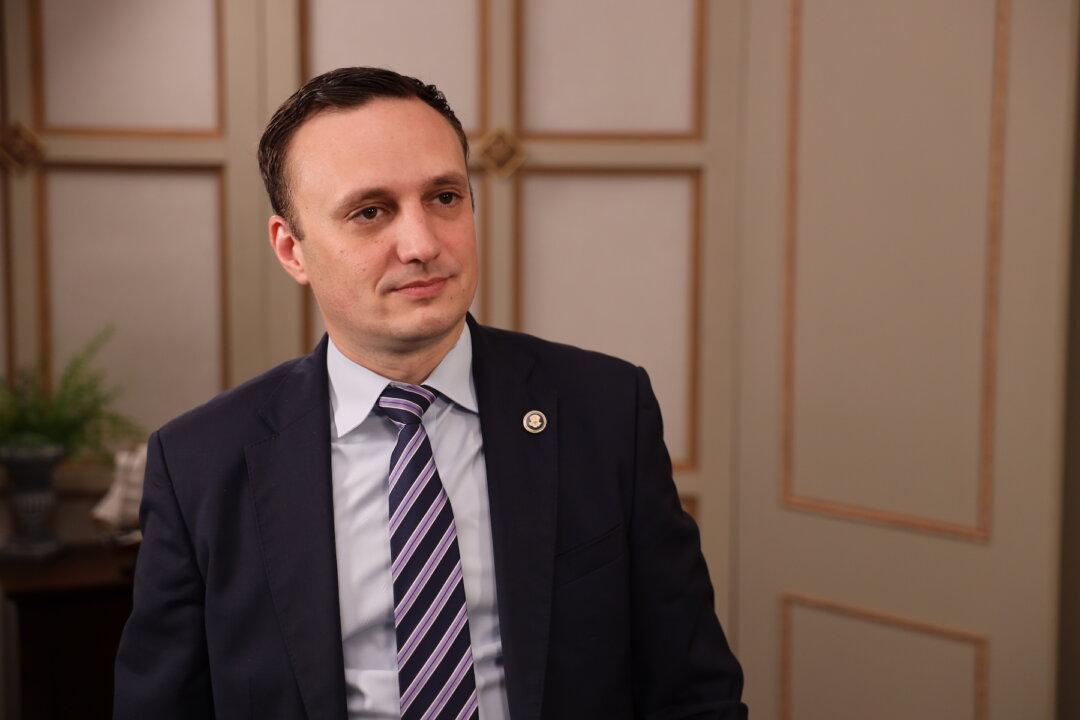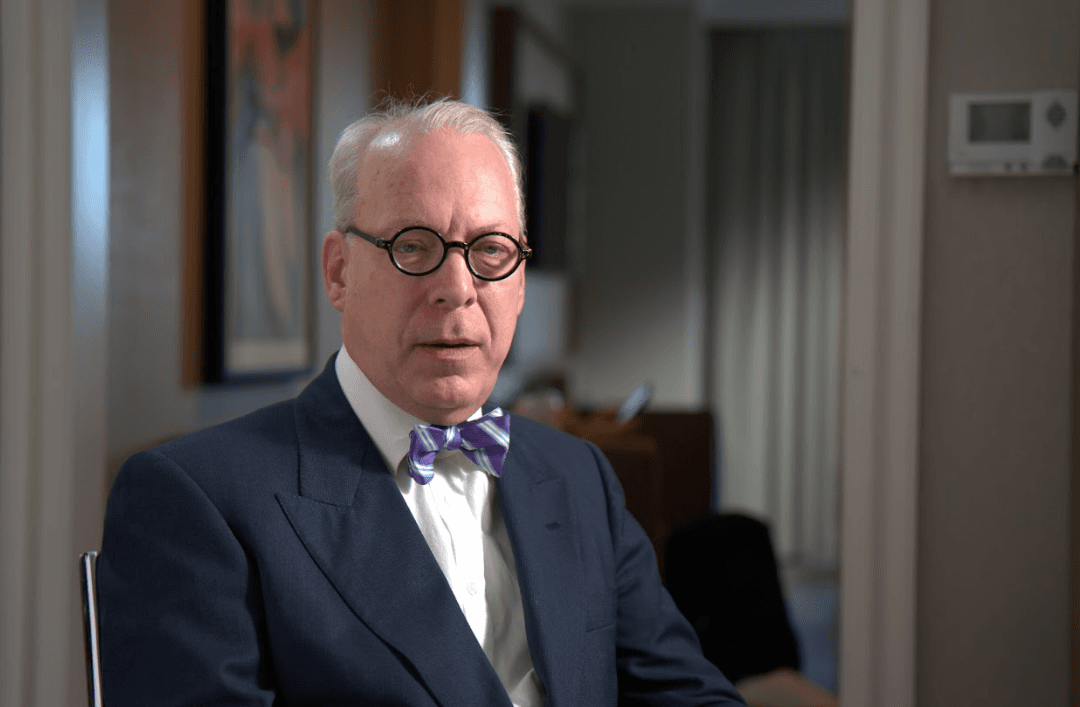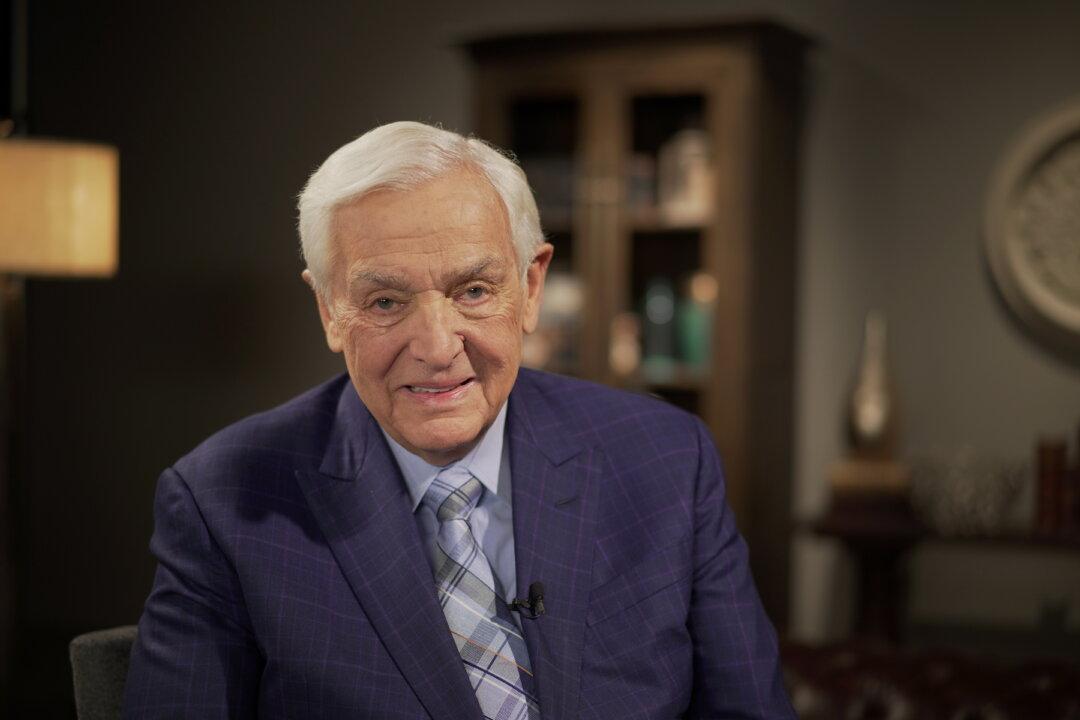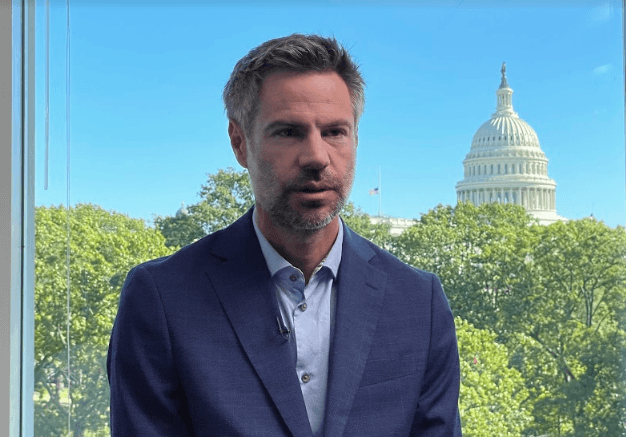Neurotic parenting is preventing children from developing emotionally and becoming independent, says Lenore Skenazy, founder of the Free-Range Kids movement and president of the nonprofit Let Grow.
Once dubbed “America’s Worst Mom” after letting her 9-year-old son take the New York subway alone, she’s featured in the new documentary “Chasing Childhood.”
